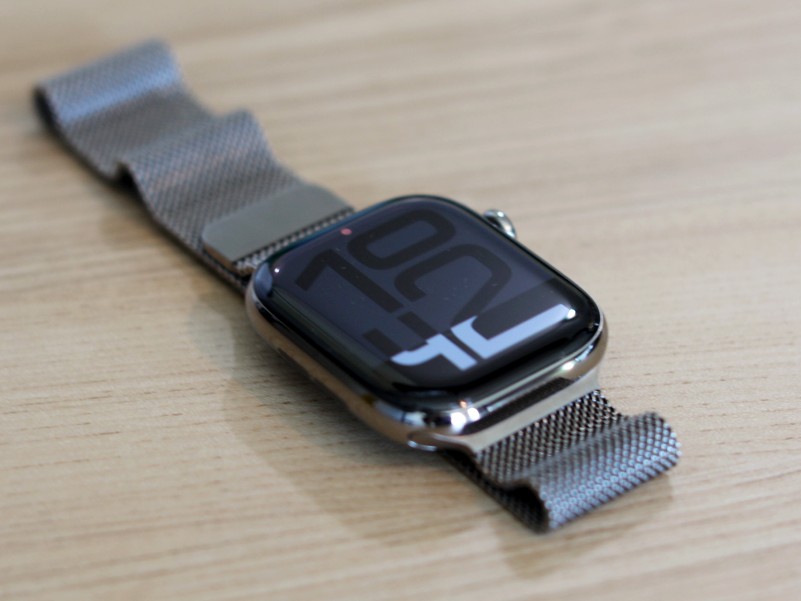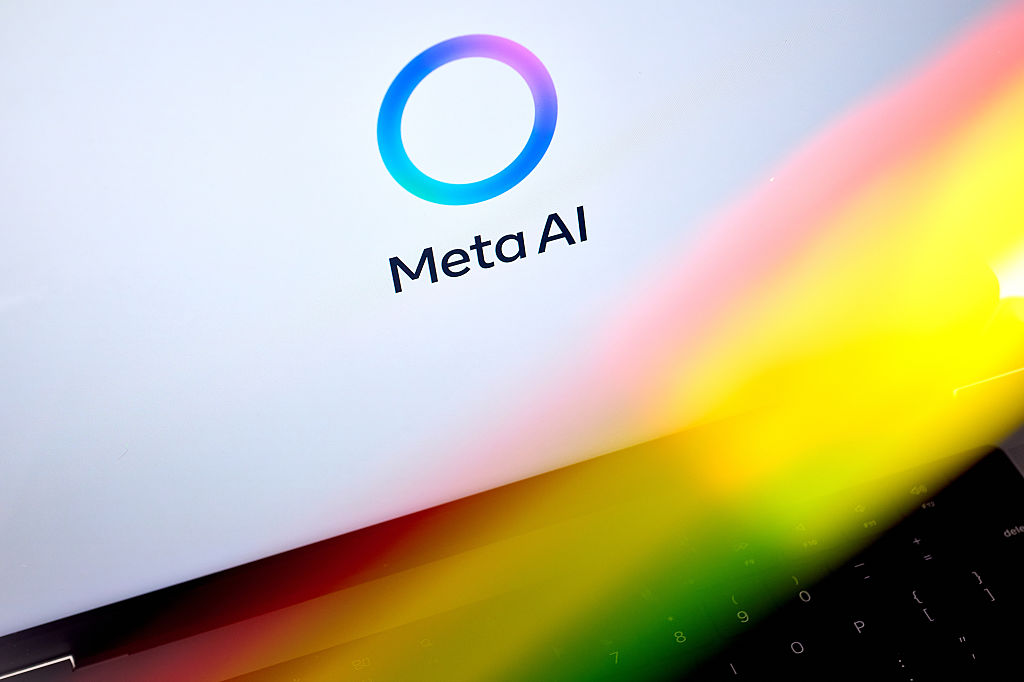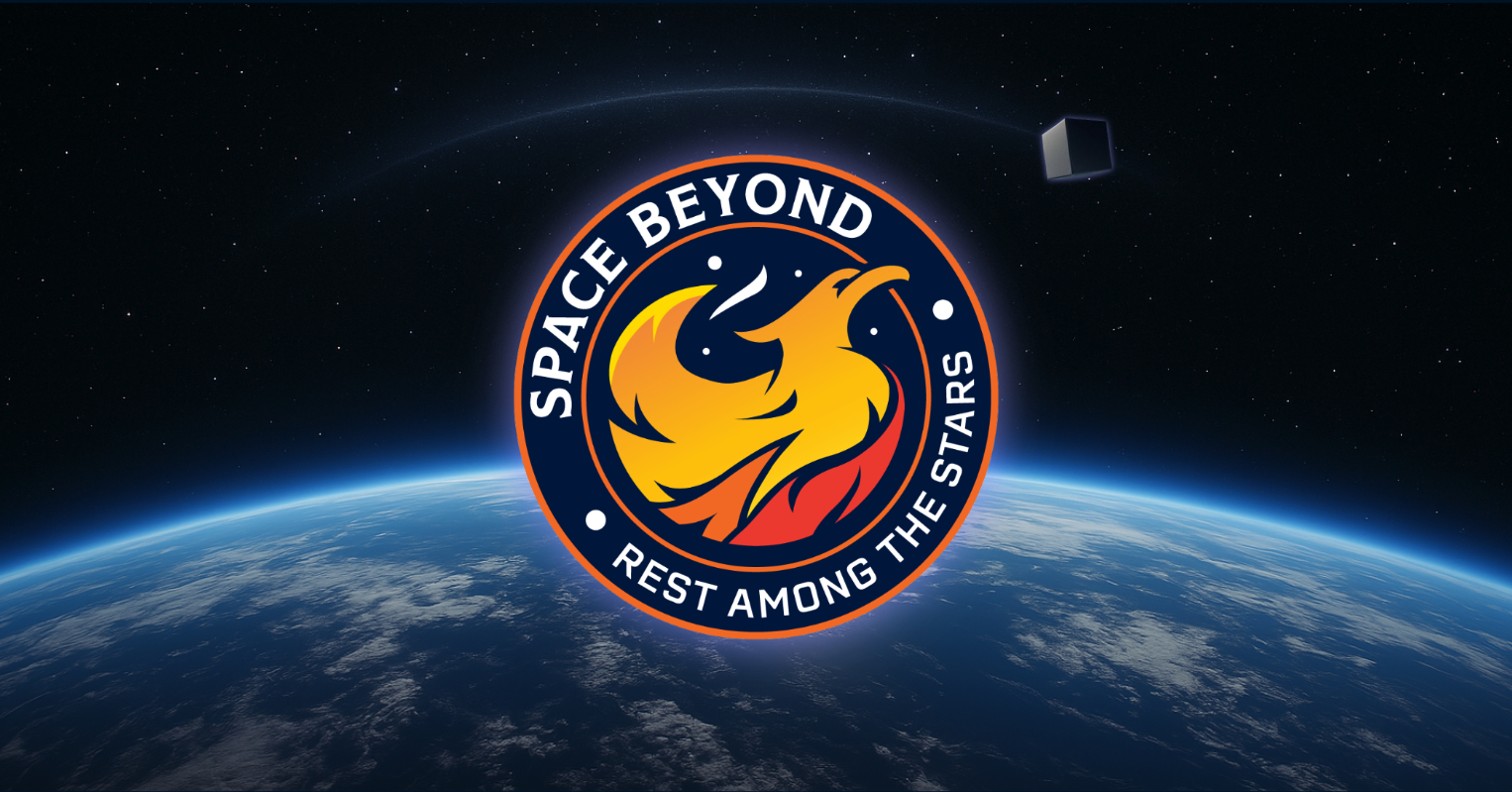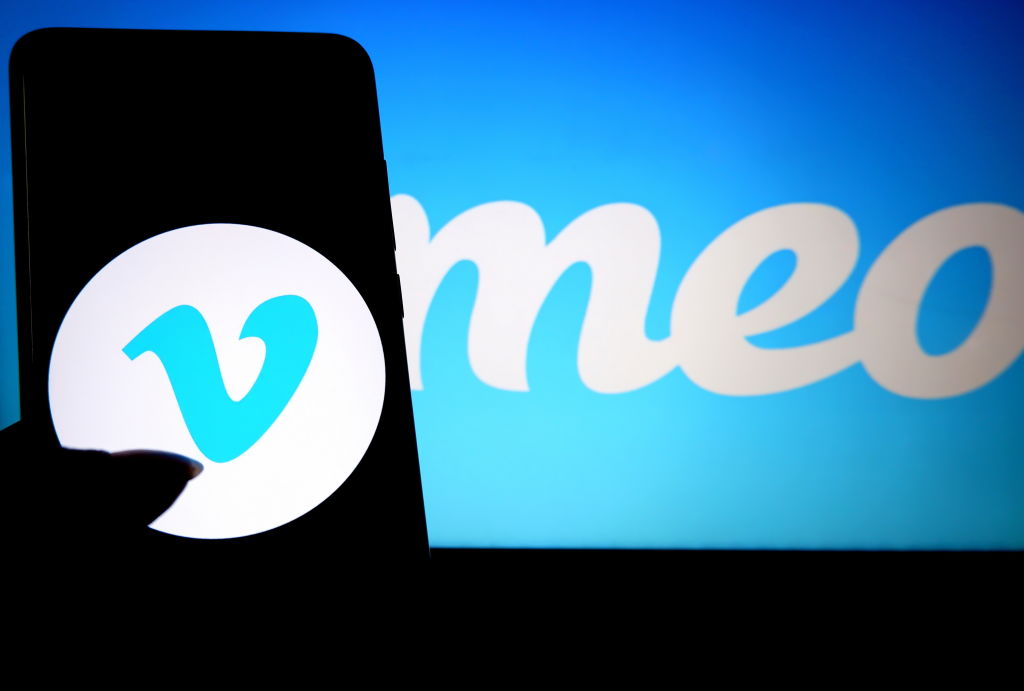
A federal jury in California has mandated that Apple Inc. compensate medical technology firm Masimo Corporation with $634 million for infringing a patent related to blood oxygen monitoring technology. The verdict, delivered on Friday, November 15, 2025, marks a significant moment in a protracted legal battle that has seen one of the world’s largest tech companies locked in a high-stakes intellectual property dispute with a specialized healthcare innovator. The jury’s finding specifically implicated the Apple Watch’s workout mode and heart rate notification features as infringing on Masimo’s proprietary technology.
A Decisive Victory for Masimo’s Innovation
Masimo Corporation released a statement hailing the decision as a crucial affirmation of its efforts to safeguard its intellectual property. "This is a significant win in our ongoing efforts to protect our innovations and intellectual property, which is crucial to our ability to develop technology that benefits patients," Masimo stated. The company reiterated its commitment to defending its IP rights moving forward, underscoring the strategic importance of this verdict for its business model, which heavily relies on pioneering advanced medical sensing technologies. For Masimo, a company built on a foundation of clinical accuracy and patient safety, the protection of its core innovations is paramount to its mission and competitive edge.
Apple, known for its formidable legal team and aggressive defense of its products, has indicated its intention to appeal the ruling. A spokesperson for the Cupertino-based tech giant reportedly stated that "The single patent in this case expired in 2022, and is specific to historic patient monitoring technology from decades ago." This assertion suggests Apple’s appeal strategy may focus on the relevance and scope of the patent in question, attempting to diminish its applicability to current Apple Watch technology.
The Genesis of a Tech-Health Feud
The heart of the legal contention between Masimo and Apple revolves around pulse oximetry, a non-invasive method for monitoring oxygen saturation of the blood (SpO2). This technology typically employs an optical sensor that shines light through the skin to detect blood flow and measure oxygen levels. While pulse oximetry has been a staple in clinical settings for decades, its integration into consumer wearables like the Apple Watch represented a significant leap, blurring the lines between personal fitness tracking and medical-grade health monitoring.
Masimo, founded in 1989, has long been a leader in advanced signal processing technology, particularly for pulse oximetry. Its innovations have been crucial in improving the accuracy and reliability of these measurements, especially in challenging conditions like patient motion or low perfusion. When Apple began developing advanced health features for its Watch, Masimo publicly accused the tech giant of systematically hiring away its key employees, including its chief medical officer and numerous engineers, allegedly to gain access to confidential information and expertise related to pulse oximetry. These claims, first surfacing around 2020, laid the groundwork for the extensive litigation that followed.
A Timeline of Escalating Legal Battles
The legal saga between Masimo and Apple has unfolded over several years, marked by multiple lawsuits, counter-suits, and regulatory interventions.
- 2020: Apple introduces blood oxygen monitoring with the Apple Watch Series 6, a feature that quickly became a major selling point. Masimo files its initial lawsuit, alleging patent infringement and trade secret misappropriation.
- Early 2021: Masimo expands its legal offensive, filing a complaint with the U.S. International Trade Commission (ITC), seeking an import ban on Apple Watches incorporating the disputed technology. The ITC, an independent federal agency, investigates claims of intellectual property infringement in imported goods.
- 2022: The specific Masimo patent at the center of the recent jury verdict reportedly expires. Apple’s legal team will likely leverage this in its appeal, arguing that the technology is no longer protected.
- October 2023: An ITC judge rules in favor of Masimo, finding that Apple had infringed on Masimo’s pulse oximetry patents.
- December 2023: The ITC upholds the judge’s decision, issuing a limited exclusion order banning the import and sale of certain Apple Watch models (specifically Series 9 and Ultra 2) equipped with the blood oxygen monitoring feature. This ruling sent shockwaves through the tech industry, forcing Apple to temporarily halt sales of the affected models in the U.S. and later release versions without the blood oxygen functionality.
- January 2024: Apple appeals the ITC decision, seeking a stay on the import ban while it works on potential software or hardware redesigns. The U.S. Court of Appeals for the Federal Circuit temporarily lifts the ban, allowing Apple to resume sales, but this was a temporary measure.
- August 2025: Apple announces a redesigned version of its blood oxygen monitoring feature, attempting to circumvent the ITC ban. This new implementation reportedly shifts the measurement and calculation of blood oxygen readings to the user’s paired iPhone, rather than solely on the Apple Watch itself. This move was a clear strategic attempt to legally bypass the restrictions.
- August 2025 (later): Masimo responds by suing U.S. Customs and Border Patrol, challenging their approval of the import of Apple Watches with this new blood oxygen implementation, arguing it still infringes on their intellectual property.
- October 2024: In a separate development showcasing the multi-faceted nature of this legal battle, Apple countersues Masimo, alleging infringement of Apple design patents. Apple secured a minor victory, winning the statutory minimum payment of $250, illustrating the tit-for-tat nature of the ongoing disputes.
- November 2025: The federal jury delivers the $634 million verdict against Apple, concluding this particular patent infringement trial.
Market, Social, and Cultural Reverberations
The ongoing legal skirmish and this significant jury verdict carry substantial implications for the broader technology and healthcare markets, as well as for consumer expectations.
Market Impact: Apple Watch dominates the global smartwatch market, and its health features have been a key differentiator. The blood oxygen sensor, alongside ECG and heart rate monitoring, has positioned the device as a serious health and wellness tool, moving it beyond a mere accessory. Any disruption to these features, or substantial financial penalties, could influence Apple’s future product development strategies and potentially open doors for competitors. For Masimo, this victory not only provides a substantial financial award but also reinforces its position as a guardian of medical technology innovation, potentially deterring other large tech companies from infringing on its patents. The case also highlights the increasing convergence of consumer electronics and medical devices, creating complex intellectual property landscapes where traditional medical device companies like Masimo find themselves competing, or collaborating, with tech giants.
Social and Cultural Impact: The integration of advanced health sensors into consumer devices has profoundly changed how individuals approach personal health management. Features like blood oxygen monitoring offer users a sense of control and awareness over their physiological data, sometimes prompting them to seek medical attention for potential issues. The debate surrounding the accuracy and reliability of these consumer-grade sensors versus clinical devices is ongoing, but their accessibility has undeniably democratized basic health monitoring. The legal battle, particularly the ITC import ban, created a temporary void in the market, forcing consumers to consider alternative wearables or forgo the feature, underscoring its perceived value. This case could influence how consumers view the ethical conduct of tech companies in developing health-focused products.
Neutral Analytical Commentary: A Precedent for IP Protection?
The $634 million judgment is substantial, even for a company as financially robust as Apple. While it represents a fraction of Apple’s annual revenue, it is a significant sum that underscores the value of intellectual property in highly specialized fields like medical technology. This verdict could set a powerful precedent, signaling that even the largest tech companies are not immune to substantial penalties for patent infringement, especially when smaller, specialized innovators are involved.
Apple’s argument that the patent is "historic" and "expired" will be a central point of its appeal. The efficacy of this argument will depend on the specifics of patent law, including the claims of the patent, the nature of Apple’s alleged infringement during the patent’s active period, and how the damages were calculated. Even if a patent has expired, damages can still be awarded for infringement that occurred while the patent was active. The challenge for Apple will be to convince an appeals court that the jury erred in its assessment of infringement or the calculation of damages.
The "workaround" strategy, where blood oxygen calculations are offloaded to the iPhone, represents a creative but legally fraught attempt to navigate the ITC ban. Masimo’s subsequent lawsuit against U.S. Customs indicates that the legal fight over this new implementation is far from over. This ongoing battle highlights the intricate dance between technological innovation, legal compliance, and regulatory oversight. Should Masimo succeed in challenging the workaround, Apple might face renewed pressure to either license the technology, develop a fundamentally different approach, or permanently remove the feature from its Watches for the U.S. market.
This case also brings into sharp focus the broader tension between rapid technological advancement and the protection of foundational intellectual property. Tech giants often acquire smaller companies or license their technologies to integrate new features. However, when disputes arise, as in the Apple-Masimo saga, it raises questions about the balance of power and the ethical boundaries of competitive innovation. For startups and smaller innovators, such victories against industry titans are crucial for validating their R&D investments and ensuring a fair competitive landscape. The long-term implications of this case will undoubtedly influence future patent strategies, R&D investments, and acquisition considerations across the entire tech-health ecosystem.








